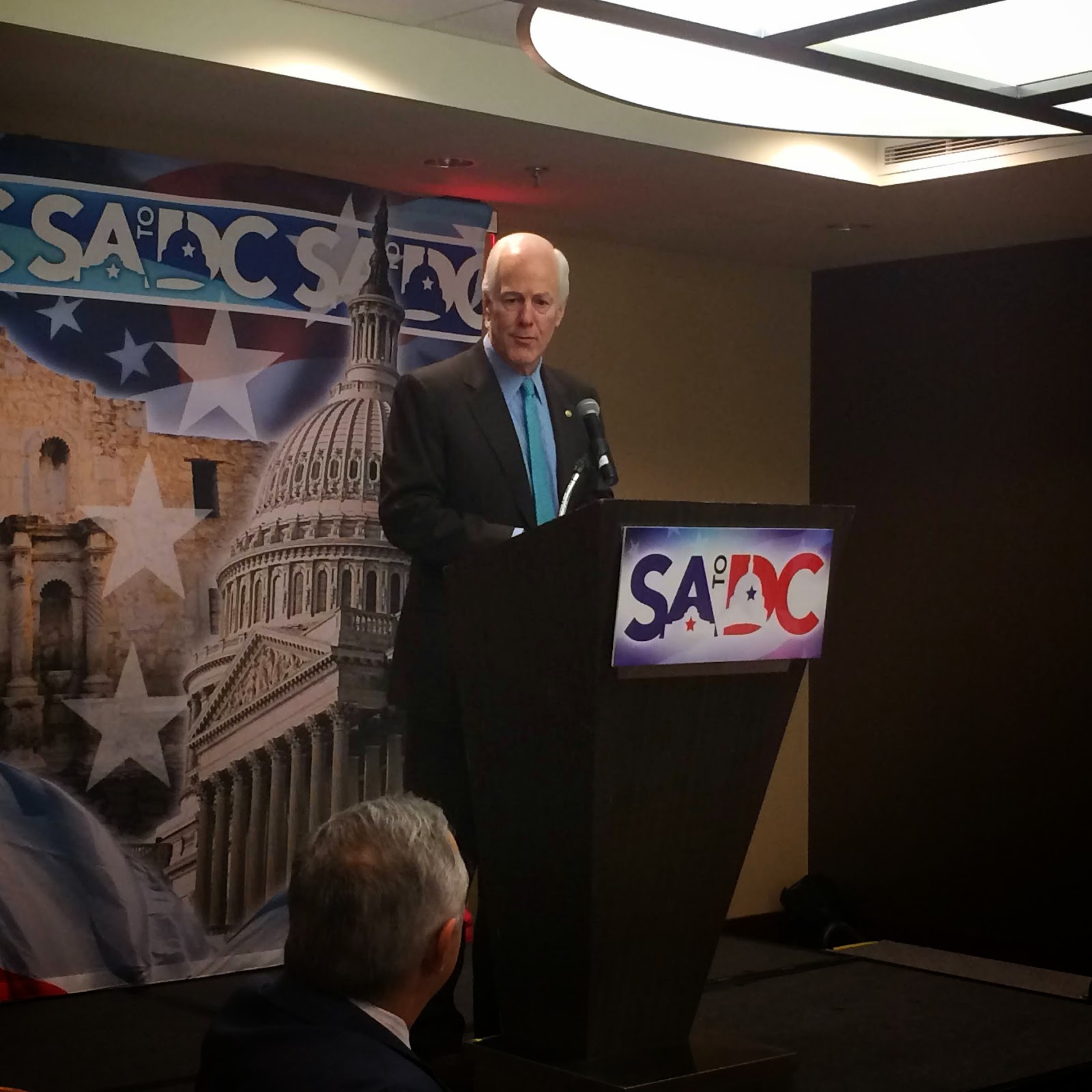Some aspects of the agenda President Obama highlighted in his state of the union address last month are "dead on arrival," according to Sen. John Cornyn. Among those are more spending and more taxes.
But Cornyn, the Senate majority whip and a member of the Senate Finance and Senate Judiciary committees, said Democrats and Republicans should follow the lead of the late Sen. Ted Kennedy and Sen. Mike Enzi and follow the 80-20 rule: ignore the 20 percent of issues about which there will be no agreement and instead focus on the 80 percent of issues where senators can accomplish something for the American people.
Cornyn cited trade as one example where bipartisanship can prevail, and where Republicans are inclined to grant trade promotion authority to President Obama. Texans, he said, understand the value of enhancing trade opportunities for agriculture, manufacturing and other sectors. Another example is cybersecurity.
Cornyn also highlighted differences with the president, including with regard to the Keystone pipeline. The United States already has 2.5 million miles of oil and gas pipelines. Why, he asked rhetorically, is Keystone an issue?
While the budget sequestration of 2013 has been successful in holding down spending levels, Cornyn said it also represented an abdication of responsibility for Congress to set spending priorities, especially with regard to national security. He said Congress would this year prioritize and pass a budget for the first time since 2009.
On a related note, Cornyn cited entitlement reform as a priority. "If we're going to save Social Security and Medicare and for future generations, we're going to have to do something about them," he said.
Finally, Cornyn said that the federal government needs to be more like Texas in having rational tax and regulatory policies that are welcoming, rather than hostile, to business and job creators. "I want to make government part of the solution, not part of the problem, of growing the economy."


No comments:
Post a Comment